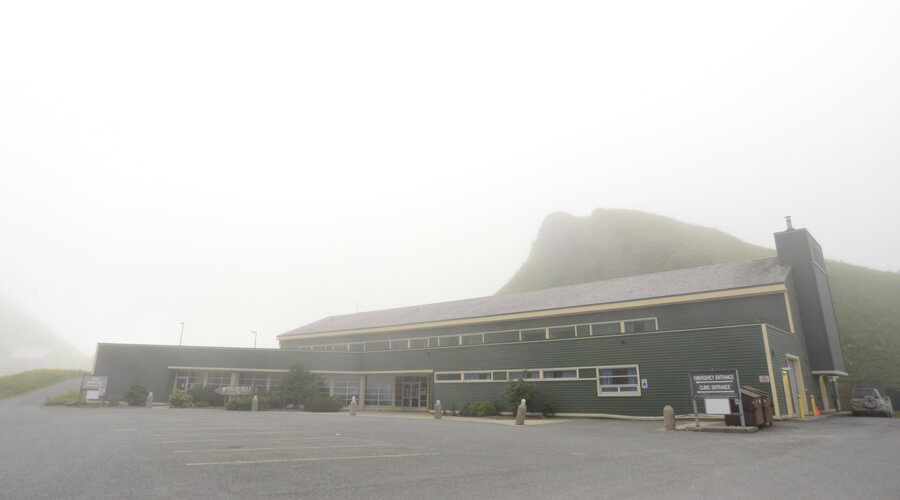In the wake of the COVID-19 pandemic, many businesses and organizations have had to adapt to a new way of conducting business. Unalaska’s clinic is no exception.
Iliuliuk Family and Health Services’ (IFHS) most profitable revenue stream is through primary care visits. But because of coronavirus-related restrictions, those visits have dropped drastically in the past few months.
Providers are now seeing most of their patients remotely, through platforms approved during the pandemic — like Skype, Zoom, and FaceTime. These telemedicine visits are meant to protect the health of both patients and healthcare workers, while at the same time ensuring patients are able to access the care they need.
In a place like Unalaska, where internet connectivity and bandwidth can often be unreliable or difficult to come by, the challenges of telemedicine are even more complex. However, local internet provider OptimERA has stepped up to help ensure the clinic has the connectivity it needs.
“The pandemic is not really the type of emergency you think of when you think of ’emergency,'” said Emmett Fitch, CEO of OptimERA Inc. “But it brings to bear things like: do you want everybody coming in to work, or can they work from home?”
The company is providing the clinic with a free redundant internet connection to ensure they are always online, as well as an LTE solution that allows the clinic to go mobile.
Melanee Tiura, CEO of IFHS, said access under GCI — their main service provider — is good, but when that primary connection goes down, which it does on a fairly regular basis, it’ll now instantly roll over to OptimERA so clinic staff can still access electronic medical records and see patients.
“As we have transitioned our care model to include more telemedicine visits, OptimERA was able to provide us with essentially a second bridge to be able to access internet from remote settings, which could mean documentation from homes if we needed to work remotely,” said Tiura. “But we then would also have the capability of logging in remotely if we did a mobile clinic.”
Tiura said in the case of an emergency in which clinic staff need communications remotely, OptimERA is able to supply them with a connection on scene, which previously wasn’t possible on the island.
For example, Tiura said if the clinic had high numbers of patients with COVID-19, OptimERA’s connection would allow them to set up a remote site to see patients who are negative for the disease and need to be seen for other reasons.
“So this works for COVID-19, but it also works if we were to have a tsunami and needed to move our facility quickly for some reason,” she said. “So there are other reasons in our emergency operations plan for why we would be offsite. But another that’s COVID-related is if we are doing testing from the docks or in industry, we would potentially be able to set up a remote office and access our electronic medical records while we see patients in another area of town.”
Previously, federal rules restricted providers from “gifting” services to healthcare facilities and other organizations that receive funding from the government. But those rules have been waived through September by the Federal Communications Commission (FCC) to make it easier for broadband providers to support telehealth and remote learning efforts during the coronavirus pandemic.
“I’d like to use this as an opportunity to say thank you to OptimERA for taking such good care of the community,” said Tiura. “They certainly provide access that is faster than most other options, and they are making so much available free of charge to the community, which I think is phenomenal. They’ve definitely stepped up to see how they can be part of a really good solution for patients, for the community, for students, for teachers, for everybody. It’s been really great, and they’re a great partner.”
In addition to its partnership with IFHS, in April, OptimERA began rolling out two community programs: The first provides free wifi to students and teachers through the end of the school year, as they transition to home-based education. And the second offers Unalaskans 50 percent more data usage at the original price point.
Article by Hope McKenney from KUCB

